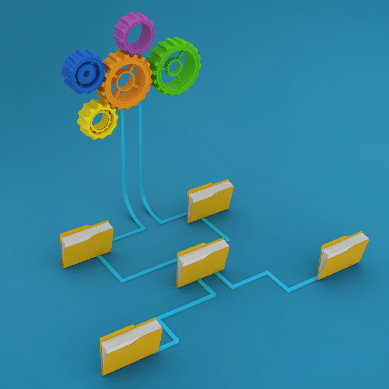A security audit systematically evaluates a company’s information system’s security by gauging how closely it adheres to predetermined standards. A thorough audit often evaluates the security of the system’s software, information handling procedures, user behavior, and physical setup and environment.
Security audits are frequently used to ascertain compliance with laws such as the Health Insurance Portability and Accountability Act, PCI DSS, the Sarbanes-Oxley Act, and the California Privacy Act. Along with vulnerability analyses and penetration testing, these audits are one of the three primary categories of security diagnostics.
- Security audits compare the effectiveness of an information system to a set of standards or requirements.
- A vulnerability assessment is an extensive examination of an information system to identify potential security flaws.
- In a penetration test, a security specialist will use a covert technique to check a system’s endurance to a particular attack vector.
A corporate security audit will do more than just point out potential issues; it will also assist security professionals in deciding what steps should be taken to achieve compliance or mitigate threats.

Why is a Corporate Security Audit Important?
In addition to the possibility of valuable data being stolen from your business if unauthorized entry is achieved, there is a danger that hackers may target your IT systems to access confidential data about your company or your employees.
In recent years, technology has advanced, and naturally, criminals have been quick to figure out how to utilize it to their advantage while they commit crimes.
It takes time and money to replace some of the crucial components you use to operate your business once they have been breached. Performing an audit on your existing security and identifying what needs to be improved keeps your corporate setting and digital assets safe.
Types of Security Audits
Security audits come in two forms, internal and external audits
- Internal audits
In these audits, a business uses its security team or an internal audit department to assess physical and digital business systems standing regarding internal policies and regulatory compliance.
- External audits
With these audits, a third-party service is called in to conduct an audit. External audits are also required by some certification bodies when an organization wishes to demonstrate that it conforms to an industry standard or government regulation.
Start Getting Value With
Centraleyes for Free
See for yourself how the Centraleyes platform exceeds anything an old GRC
system does and eliminates the need for manual processes and spreadsheets
to give you immediate value and run a full risk assessment in less than 30 days
What Does a Corporate Security Audit Assess?
A comprehensive corporate security audit will assess an organization’s security controls in the following areas:
- physical components of your information system and the safety of the environment in which the information system is housed.
- applications and software, including security patches your systems administrators have already implemented.
- network vulnerabilities, including evaluations of information as it travels between different points within, and external of, your organization’s network
- the human dimension, including how employees collect, share, and store highly sensitive information.
What Systems Does an Audit Assess?
A comprehensive corporate security audit will assess the controls and systems an organization uses in the following areas:
- Network vulnerabilities
Any network component that has a vulnerability that a hacker could use to gain access to systems or data or do harm is examined by auditors. Information is particularly sensitive during transit. Network traffic, including emails, instant messaging, files, and other communications, is monitored regularly by security auditors.
- Security controls
The auditor evaluates the effectiveness of a company’s security controls during this phase of the audit. This involves assessing how effectively a company has put its policies and procedures in place to protect its data and systems. The auditor examines the company’s controls to ensure that they are working properly and that the business is adhering to its rules and regulations.
- Software and Applications
Software systems are evaluated to ensure they are functional and provide reliable information. They are also examined to make sure safeguards are in place to stop unauthorized individuals from accessing private information. Data processing, software development, and computer systems are among the topics studied.
- Telecommunications controls
Auditors verify the functionality of telecommunications controls on the client and server sides as well as on the network connecting them.
- Data Privacy
Auditors verify that data processing security measures are in place.
Conclusion
Audits are an important piece of your overall security strategy, especially in today’s “assume breach” security climate. If you are looking for a system to automate some of your data security audit capabilities, check out Centraleyes.
Centraleyes can kick-start your audit program with our automated Risk & Compliance Management platform to get you to the audit finish line.
Start Getting Value With
Centraleyes for Free
See for yourself how the Centraleyes platform exceeds anything an old GRC
system does and eliminates the need for manual processes and spreadsheets
to give you immediate value and run a full risk assessment in less than 30 days





